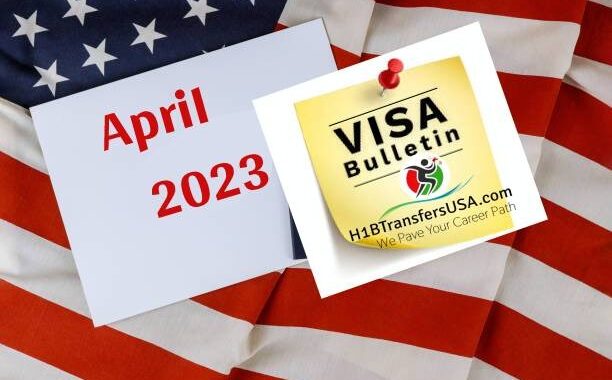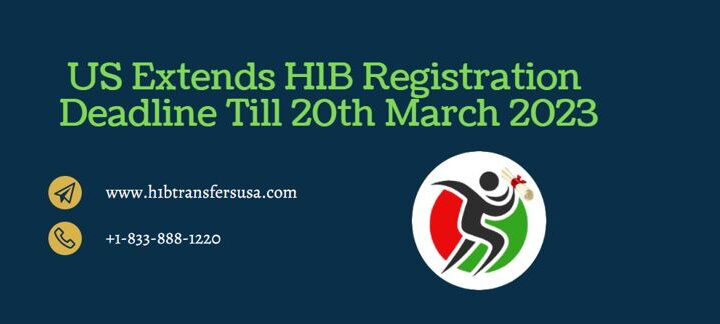USCIS Extends Flexibilities Related to the COVID-19 Pandemic
2 min read
USCIS Extends Flexibilities: The U.S. Citizenship and Immigration Services (USCIS) has declared two accommodations being made related to the COVID-19 pandemic. First, the USCIS again has extended the response time flexibility, initially declared on 20th March 2020. Second, the USCIS has made permanent the policy that allows all benefit forms and documents to be submitted with reproduced original signatures.
Response Time Flexibility | USCIS Extends Flexibilities
The USCIS has expanded the response time flexibility for a variety of request types and notices. This flexibility applies to candidates and petitioners responding to any of the following, given from 1st March 2020, through 23rd October 2022:
- Notices of Intent to Deny (NOIDs)
- Requests for evidence (RFEs)
- Notices of Intent to Revoke (NOIRs)
- Continuations to request evidence (N-14)
- Notices of Intent to Rescind
- Motions to Reopen an N-400 Pursuant to 8 CFR 335.5, Receipt of Derogatory Information After Grant
- Notices of Intent to Terminate regional investment centers
The USCIS will consider a response to the above requests and notification received within 60 calendar days after the response due date set in the request or notice before making a final decision on the case.
Furthermore, the USCIS will consider a Form I-290B, Notice of Appeal or Motion, or Form N-336. Request for a Hearing on a Decision in Naturalization Proceedings (Under Section 336 of the INA), if both of these standards are met:
- The form was filed up to 90 scheduled days from the issuance of a decision.
- The USCIS made that decision between November 1, 2021, and 23rd October 2022, inclusive.
The USCIS will consider a form I-290B received up to 90 calendar days from the date of the decision before it makes any move.
Allowing Reproduced Original Signatures Permanently
The USCIS has made permanent a policy, which was at first implemented as a temporary measure on 21st March 2020. To accept reproduced original signatures for all benefit forms and documents. As defined by the USCIS when the policy was at first declared, “[t] he implies that a document might be scanned, faxed, copied, or similarly reproduced provided that the copy must be of an original document containing an original handwritten signature unless otherwise specified.”
[The DHS States That Employers Have Until July 31, 2022, to Update I-9s With Expired List B Documents]
This includes forms that normally should be submitted with a unique, or “wet,” signature, for example, form I-129. The USCIS further cautions that, if a document with a reproduced signature is submitted. The USCIS could later request the document with the original signature.
Conclusion
Considering that the COVID-19 pandemic is as yet affecting numerous aspects of day-to-day existence. It is empowering that the USCIS has expanded these flexibilities. Moreover, making permanent the policy to allow for reproduced signatures is small. But an important step toward bringing the agency into the 21st century.







